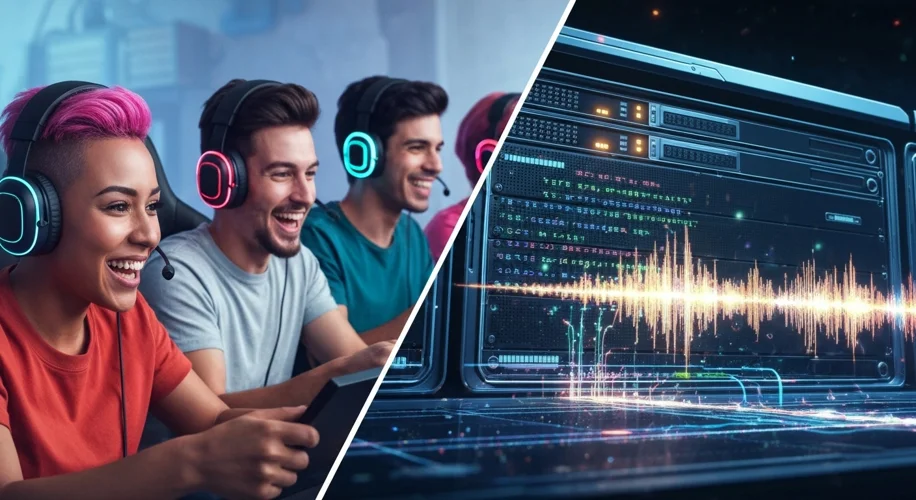It’s August 4th, 2025, and the gaming world is buzzing about a significant shift in how online communities are being policed. Marvel Rivals, a new player in the competitive gaming scene, has announced a policy that will automatically record all in-game voice chats. The stated aim? To ‘shield the community’ from toxic behavior.
From my vantage point, having spent decades in the software industry, this move brings a familiar tension into sharp focus: the balance between community safety and individual privacy. It’s a conversation we’ve had countless times as technology has woven itself deeper into our lives, and now it’s playing out on the virtual battlegrounds of our favorite games.
We’ve all experienced it, haven’t we? That moment when a simple game session is derailed by unpleasant language, harassment, or outright abuse. It can sour the experience for everyone involved and, in the worst cases, drive players away from a game entirely. The developers of Marvel Rivals are clearly trying to tackle this head-on. By recording voice chats, they create an auditable trail that can be used to investigate and address reports of misconduct.
This approach isn’t entirely new. Many online platforms already have systems in place for reporting and moderating user-generated content, including text chat. Voice chat, however, presents unique challenges due to its ephemeral and direct nature. Automatic recording offers a way to capture this communication, potentially making it easier to identify and act upon harmful interactions.
However, it’s crucial to acknowledge the privacy implications. Automatically recording conversations, even within a game, means that a company is collecting data on what players say. This raises important questions. How is this data stored? Who has access to it? For how long is it kept? And how can we be sure it’s only being used for its intended purpose – combating toxicity – and not for other, less transparent, means?
From my perspective, the success of such a policy hinges on transparency and trust. Players need to understand exactly what is being recorded, why, and how their data is being protected. Clear communication and robust security measures are paramount. If players feel their privacy is being respected while still being protected from abuse, this could set a positive precedent for other online games.
We must ask ourselves: is this the necessary evolution of online spaces to ensure a more welcoming environment, or does it cross a line into intrusive surveillance? The technology exists to do this, but the ethical considerations are complex. It’s a delicate tightrope walk, and how Marvel Rivals navigates it will be telling for the future of online community management.

